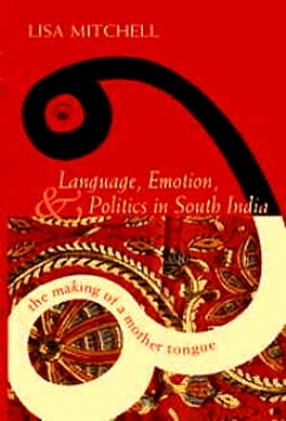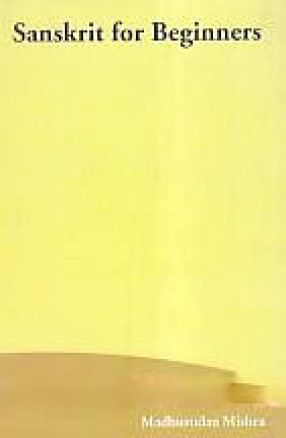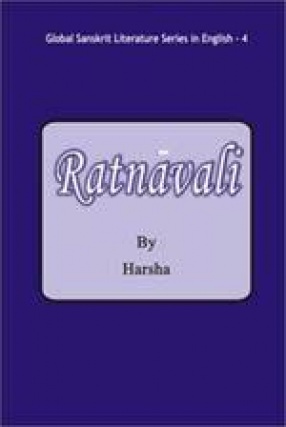What makes someone willing to die, not for a nation, but for a language? In the 1950s and 1960s a wave of suicides in the name of language swept through South India. This book asks why such emotional attachments to language appeared.
It answers by tracing shifts in local perceptions and experiences of language in general, and Telugu in particular, during the preceding century. Mitchell shows the emergence in India of language as the foundation for the reorganization of a wide range of forms of knowledge and practice. These included literary production, the writing of history, geographic imagination, grammatical and lexical categorizations, ideas about translation, and pedagogy. Newly organized around languages, these practices then enabled assertions of community and identity. Ultimately, by the early decades of the twentieth century, new linguistic identities had begun to appear ancient and natural rather than recent and invented. Indeed, though Andhra was created as independent India’s first linguistically defined state in 1952, diverse writings projected Indian linguistic identities backwards into a long past.
This is a fascinating study of linguistic identity, state formation, and political mobilization. It greatly enriches existing understandings of Indian history and politics.





There are no reviews yet.